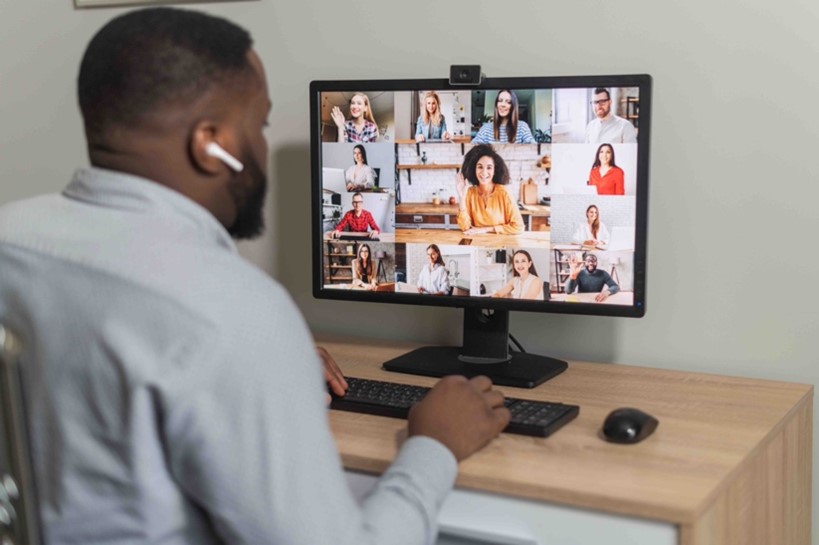As a moderator, I have at times been called upon to discuss sensitive situations like navigating a cancer diagnosis, erectile dysfunction, racism, sexuality, or the loss of a spouse. Building bridges of trust is the first, vital step. The art of moderating sensitive conversations lies in creating an environment where respondents feel respected and safe to express themselves. Building rapport and helping respondents feel comfortable are the foundations upon which constructive dialogue can thrive.
- Emphasizing confidentiality
Emphasizing confidentiality throughout the research process becomes paramount. Assuring participants that their identities and responses will remain strictly confidential fosters trust, encouraging them to open up and share their perspectives honestly. It should be noted, by placing a strong emphasis on confidentiality in recruiting and at the start of the interview, researchers begin creating safe and supportive environment
- Build Trust with Participants
Be upfront that you know that it may be a difficult or sensitive topic. It is important to spend time building rapport with participants, so they feel comfortable sharing about their lives. If group research, help respondents build connection with each other. It’s essential to set a tone of inclusivity and neutrality. Set some ground rules regarding acceptance and being respectful of each other’s opinions and experiences. This is important as there will be differing experiences and opinions and these need to be heard for uncovering insights.
- Preparing For Emotion
Engaging in sensitive topics can evoke a wide range of emotions within participants. Some individuals may feel anxious, vulnerable, or even distressed when discussing personal experiences or traumatic events. Researchers should be prepared to empathize with and validate these emotions. Even though researchers are not therapists, I have found that many participants have found the experience of sharing to be valuable and validating. Moderators play a crucial role in facilitating these sensitive discussions by remaining neutral, listening actively, encouraging participants to share their perspectives and ensuring that the conversation remains respective and supportive. During the research process, participants may require breaks to manage their emotions effectively. It is important to respect their boundaries. I can recall being grateful a focus group facility had tissues in the room when I had a respondent break into tears during an interview. The tissues were a small but meaningful gesture of support and empathy.
- Use the Power of Nonverbal Cues
Consider the power of nonverbal cues in building rapport. Remember to maintain open body language, offer affirmative nods and acknowledgements, and use welcoming phrases, like “Thank you for sharing,” or “I appreciate your input.” This conveys your appreciation and fosters a conducive environment for sharing.
Conducting market research on sensitive topics requires creating a supportive environment. The emotional well-being of participants should be a priority, considering the potential triggers and emotions that may arise during the research process. By creating a safe and supportive environment, moderators can foster open and honest dialogue while respecting the participants’ boundaries and providing support when needed.

